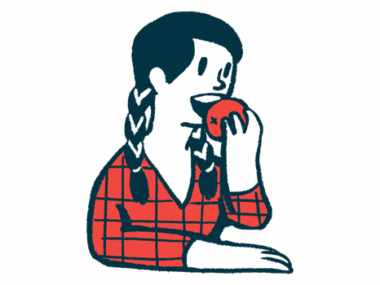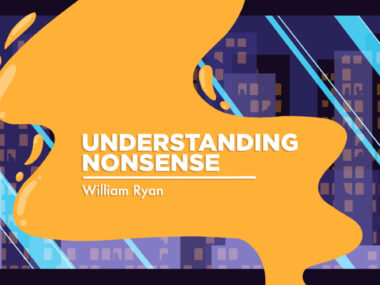Study: Food insecurity is a problem for CF patients, caregivers in US
Costs associated with living with a chronic disease contribute to burden
Written by |

Families in the U.S. living with cystic fibrosis (CF) who’ve been affected by food insecurity feel that financial constraints imposed by the disease contribute to the problem and that government support programs are insufficient, interviews with patients and caregivers suggest.
Those interviewed report feeling stigma and embarrassment about the issue, and called for better screening and intervention programs at CF care centers to help those in need.
“In the new era of novel drug therapies and improved CF clinical care, it is essential to address food insecurity so that all pwCF [people with CF] can benefit from these advancements and realize their full health potential regardless of socioeconomic status,” the researchers wrote in the study, “‘I eat chocolate milk for dinner because we just have nothing in our fridge”: The invisible burden and dire consequences of food insecurity for people with cystic fibrosis in the United States,” in Pediatric Pulmonology. “There is therefore an urgent need to normalize food insecurity screening, standardize the screening process across CF care programs, and expand food assistance options for pwCF.” The study was funded by the Cystic Fibrosis Foundation (CFF) and all its authors served on the CFF Food Security Committee.
People with CF often have nutritional deficiencies and require medically prescribed diets to make sure they receive proper nutrition and stay at a healthy weight. These requirements can be financially burdensome, especially given the other costs associated with living with a chronic disease.
Food insecurity, which refers to the availability of nutritionally adequate foods being limited or uncertain, is prevalent in CF communities and affects CF patients in the U.S. at a higher rate than in the general population, and those numbers rose substantially during the COVID-19 pandemic. Not having proper access to the right foods can then exacerbate other health issues.
Effect of food insecurity among people with CF
Here, researchers interviewed 17 adult patients and nine parents or caregivers to children to learn more about how food insecurity affects families with CF. All had experience with food insecurity and were receiving care at CF centers across the U.S. The researchers identified five themes related to food insecurity, the first of which is that food insecurity is burdensome for families.
Several said they had to eat more affordable unhealthy foods or they ate less, despite knowing the effect this could have on their health. Adults reported skipping meals so their children would have enough to eat and striving to make sure their children weren’t aware of the food insecurity.
The high cost of living with CF was a contributing factor to food insecurity, those interviewed said. Medical costs were a factor as were the difficulty of earning a livable income and having a stable job with a chronic disease or caring for a child with one.
“I’m a single parent, so for an appointment … because clinic is far away … you’re missing out on work,” one parent said. “Or if she’s admitted, I’m not working … If I’m not working, then I have no way of making sure that I can afford rent. I have no way of making sure that the fridge is gonna be full when we get back from the hospital.”
Participants said federal and state programs like food stamps don’t offer enough assistance and other supports are also limited. One problem is that these programs, most of which are income-based, don’t take into account the nutritional needs of people with CF or other disease-related financial constraints.
“This finding calls for effective and sustainable programs and social policies to reduce the gap between food insecure individuals and supportive resources,” the researchers wrote.
Many said they felt shame or stigma talking about food insecurity with their care teams and were hesitant to do so, especially when children were involved. All said screening for food insecurity in clinical settings would help families get the support they need. Most said dietitians and social workers could help facilitate those conversations if properly trained. Participants also emphasized the importance of taking action to address food insecurity once it’s been identified.
“Screening is crucial, but without appropriate resources and adequately funded programs, the vicious cycle continues,” the researchers wrote. “Future work will need to focus on development and implementation of tailored screening processes that address food insecurity as a step toward achieving health equity for all pwCF.”







